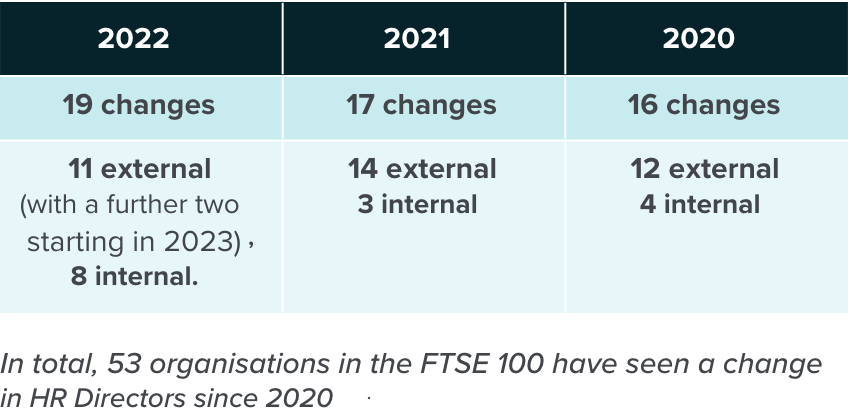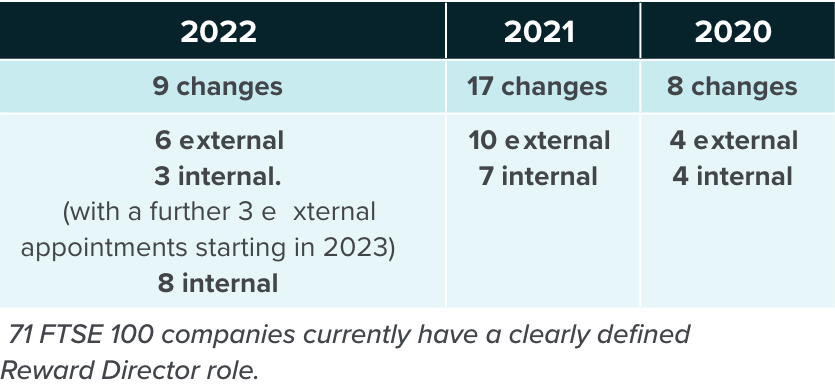Since 2008, the charged executive remuneration debate has been a constant. It is not going to get any easier and may be about to get even tougher, with the AGM season this year promising to be the most difficult so far.
Against this backdrop, we focus here on the attributes that best-in-class HR Directors and Heads of Reward display in shaping the remuneration agenda with the Chair of the Remuneration Committee (‘RemCo Chair’).
Purpose and pay
Companies are now expected by stakeholders, and society at large, to demonstrate their values and purpose and fairness in pay is often the forerunner for judging whether they live those values. Meanwhile, as the UK faces a challenging economic environment and grapples with the impact of high inflation, politicians and investors are urging companies to show pay restraint.
The global battle for talent
Yet UK businesses face fierce global competition for talent, particularly in a post-Brexit environment. Businesses in every industry must transform to be relevant in a digital world, whilst also demonstrating ESG credentials. The pressure towards pay restraint in the UK, along with the current exchange rate, put UK PLCs at a severe disadvantage – particularly, for instance, when seeking to hire talent from the US. Add relatively new challenges into this complex mix – such as how to tie compensation to the attainment of ESG targets and improvements in corporate culture, rather than linking pay solely to financial metrics – and the RemCo Chair has an extremely demanding, if not near impossible, task.
It is therefore more important than ever that HR Directors and their Heads of Reward step up to help confront these new challenges. We have observed that the best individuals display four qualities that set them apart in their work, as they deliver tangible value to the Remuneration Committee. Their value to their organisations will only increase over the next few years.







